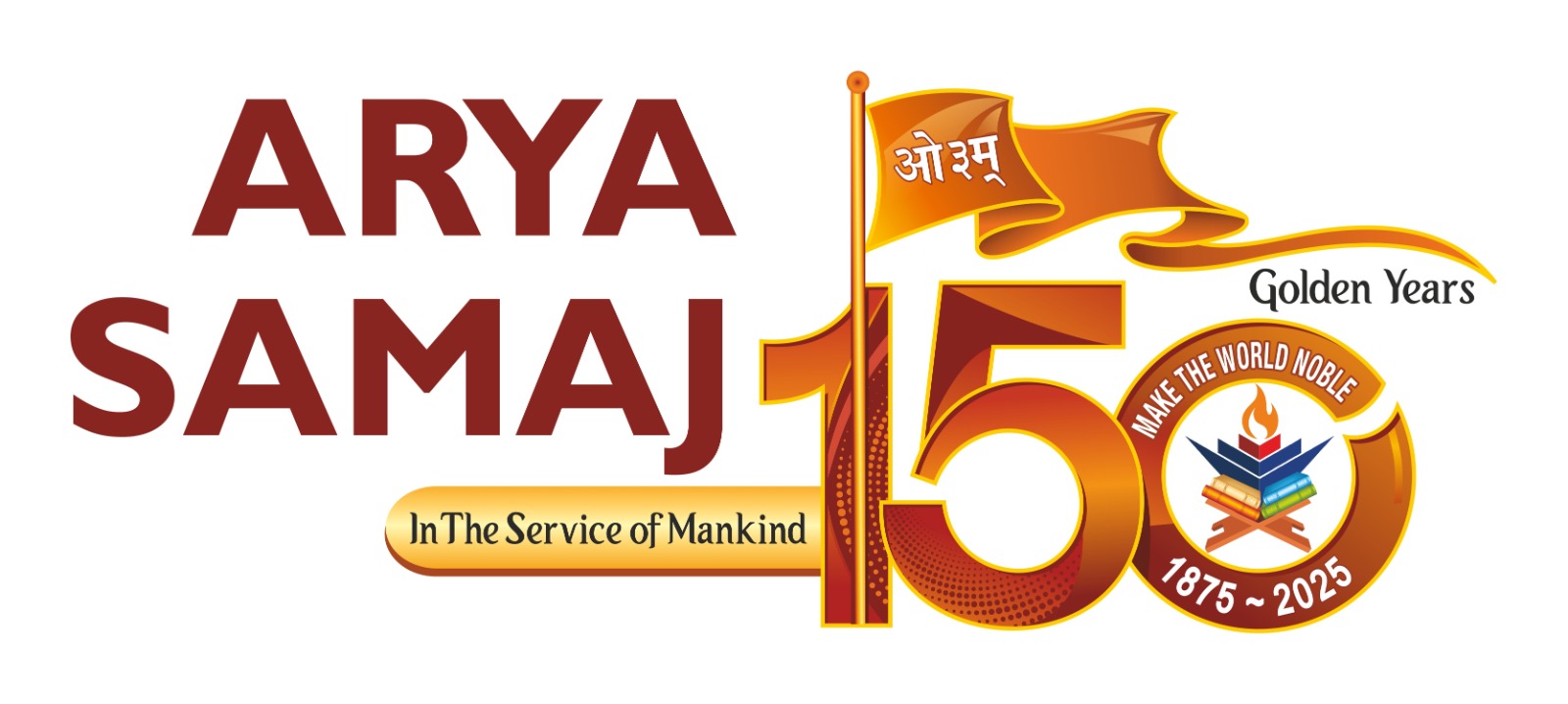The main basis of Arya Samaj, as its third principle suggests, is the Vedas.
They are four in number,
- The Rg Veda
- The Yajur Veda,
- The Sama Veda
- The Atharva Ved.
The Arya Samaj believes that the Vedas are not only the oldest religious books available, but the oldest, older than humanity and revolutionary in character. They were originally revealed to the four Rishis or Sages, Agni, Vayu, Aditya and Angira, in the beginning of the world and from them they have come down to us through a chain of innumerable Rishis and Sages, the names of the earliest onces being still affixed to the Vedic Hymns. The Vedas are looked upon as “Svatah Pramana” (स्वत प्रमाण) or Primary authority, other ancient scriptures being held as secondary or derivative (Pratah Pramana, परत: प्रमाण). This means that the Vedas are independent authority on subject of humanity and religion. They derive their sanction directly from Eeshwar/God, while other scriptures are believable only so far as they are in consonance with the Vedas.
Among such sacred books that derive from the Vedas are the following:
- The Four Brahamanas
- Aitarerya
- Satapatha
- Sama
- Gopatha
- The Eleven Upanishads
- Isa
- Kena
- Katha
- Anereya
- Taittiriya
- Prasana
- Mundaka
- Mandukya
- Chhandogya
- Brhadarayaka
- Svetasvatara
- The Six Angas
- Shishka
- Kalpa
- Vyakarana
- Nirukta
- Chhanda
- Jyotis
- The Darshans
- Nyaya
- Sankhya
- Vaiseshik
- Yog
- Purva Mimansa
- Uttara Mimansa
- Manusmiriti
Swami Dayanad’s works are also regarded as authoritative by the Arya Samaj:
- Commentary on the Rg Veda
- Commentary on the Yajur Veda
- Introduction to the commentary of Rg Veda, etc. (Rigvedabhashyabhumika)
- Satyarth Prakash (Light of Truth)
- Sanskarvidi
- Aryabhivinay
- Aryoddeshya Ratnamala
- Vyavaharbhanu
- Gokarunaidhi
